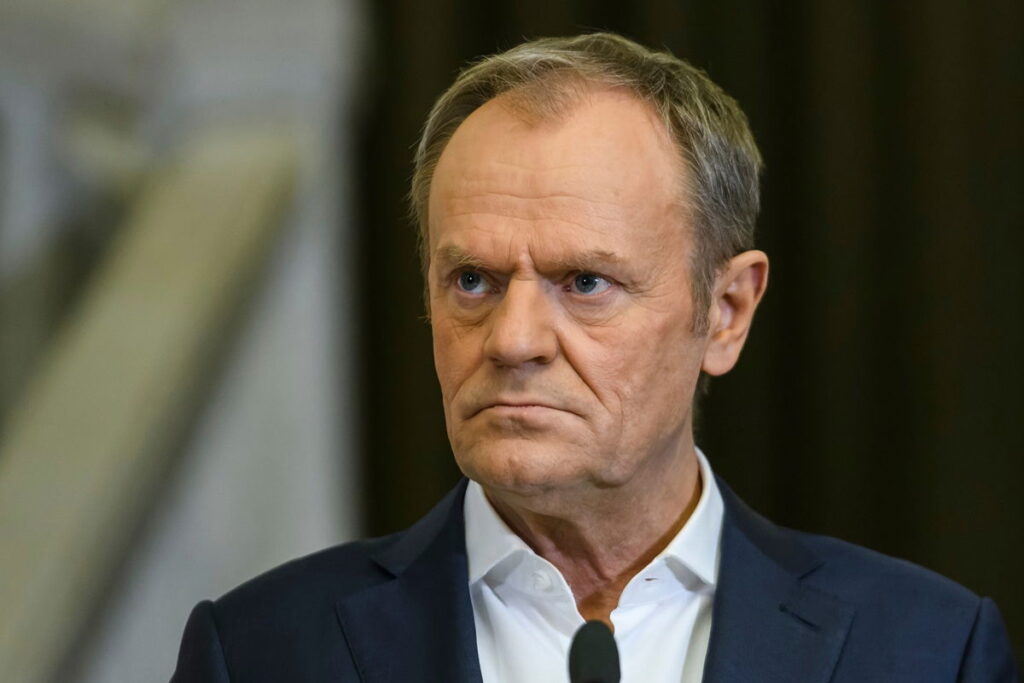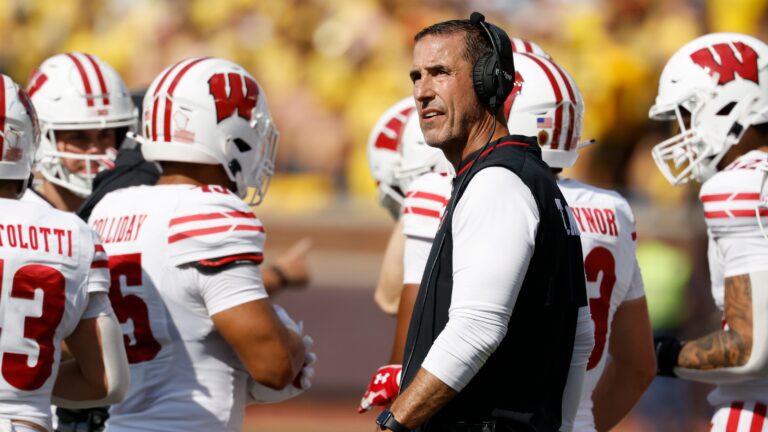
Polish PM Donald Tusk: The prime minister remains in office after winning a crucial confidence vote, but political uncertainty continues in Poland.Credit : paparazzza, Shutterstock
Donald Tusk is no stranger to a political storm, but even for him, this week was a real test. Poland’s prime minister, back in office since December, found himself fighting for his government’s future after his key ally, Warsaw’s liberal mayor Rafał Trzaskowski, lost a high-stakes presidential race to conservative Karol Nawrocki.
With tensions running high, Tusk called for a vote of confidence in the Sejm and he’s managed to hang on, at least for now.
Why Donald Tusk’s confidence vote changes Polish politics
In a tense session of Poland’s lower house, Tusk secured support from 243 MPs, with 210 against and not a single abstention. This was more than just political theatre; it was a direct response to growing nerves within his own governing coalition, which runs the gamut from centre-left to centre-right.
The challenge comes as Poland faces rising costs, lingering pandemic woes, and fierce arguments over the country’s direction. For Tusk, the defeat of Trzaskowski—long seen as a natural successor and crucial supporter—was a real blow. Even more worrying for the prime minister: Nawrocki, the incoming president, is backed by both outgoing president Andrzej Duda and, notably, former US president Donald Trump. With another Law and Justice (PiS) ally moving into the presidential palace, Tusk’s hopes for pushing through reforms have taken a big hit.
Tusk’s coalition challenges: Future of Poland’s government
The confidence vote comes at a tricky moment. Many in Tusk’s camp blamed him for Trzaskowski’s defeat, arguing the government had lost focus on promises like liberalising abortion laws and recognising same-sex civil unions. As whispers grew about ditching Tusk for a fresh face, the prime minister hit back, urging anyone “ready to move forward” to get behind him and his government.
He didn’t downplay the scale of the challenge. “A president reluctant to accept our changes is being replaced by one who’s at least as sceptical,” Tusk admitted. Still, he argued, the close election shows there’s plenty of support for his vision of Poland.
Despite the win, questions are swirling: Can Tusk and his coalition hold it together until the next parliamentary elections in 2027? Or will the surging far right and coalition in-fighting cut his second stint as PM short? Polish media are already asking if this might be the beginning of the end for the 68-year-old leader.
Poland government reshuffle: Tusk plans major changes
Determined to prove he’s not finished, Tusk has promised a “government reconstruction” in July, saying new faces are coming. There’ll also be a new official government spokesperson this month, an effort to give his broad and often-bickering coalition a clearer, united voice.
The odds aren’t easy: half the parliament didn’t even show up to his speech, as PiS MPs staged a boycott. But Tusk, a veteran of Polish and European politics, isn’t backing down. “I know the taste of victory, I know the bitterness of defeat, but I don’t know the word surrender,” he told the chamber.
For now, Tusk survives. Whether he’ll still be at the helm come 2027—well, in Polish politics, anything’s possible.
Stay tuned with Euro Weekly News for more news from Poland






